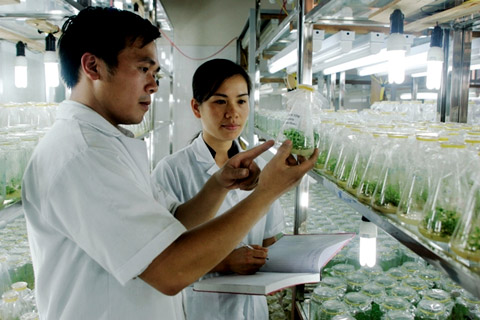
Under the circular, university lecturers must fulfill their scientific research obligations in accordance with their academic titles and positions. They also have to complete at least one scientific research project at the grassroots level every year, and the work must receive official acceptance.
Their achievements in scientific research will part of their assessments of their abilities.
With a 40-hour per week work schedule, every university lecturer has 1,760 working hours every academic year.
Vietnamese university lecturers reportedly do not spend enough time on scientific research because of the time needed to teach after-school classes to earn extra money.

Experts have repeatedly raised serious questions about the quality of university lecturers. Reports show that though Vietnam has a somewhat high number of university lecturers with doctorates, it only has a modest number of scientific articles published in international science journals.
MOET has promised appropriate rewards for university lecturers who have high achievements in scientific research. They would receive a reward in cash worth VND34 million, equivalent to 30 times their basic salary.
The lecturers will also enjoy a preferential personal income tax on income from the commercial development of their scientific research in priority fields and in mountainous and remote areas.
Lecturers who are the leading scientists in their fields will also be able to enjoy preferences stipulated in the government Decree No 40 dated in May 2014.
A recently conducted survey found that lecturers gave themselves a “good” mark when asked to assess their skills in scientific research, but gave an “average” mark on their passion for scientific research.
Over the last five years, the 120 surveyed university lecturers had completed two scientific research projects at the ministerial level, 22 at the grassroots level, and one at provincial level.
The modest number of scientific research works was blamed on the high number of teaching hours.
The Vietnam News Agency (VNA) has reported that only 32 universities out of the 400 operating universities in the nation sent their lecturers’ scientific research work to the “Vietnamese young science talents” competition.